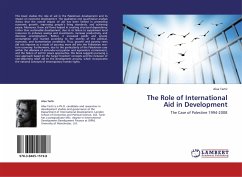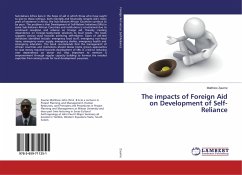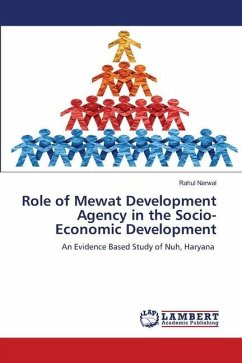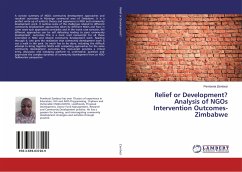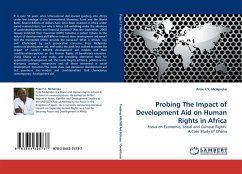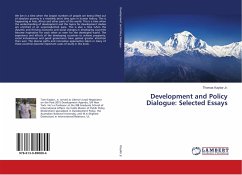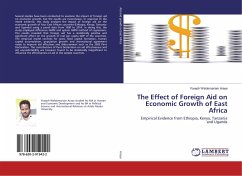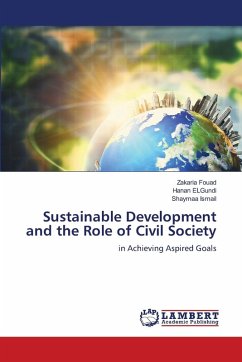This book studies the role of aid in the Palestinian development and its impact on economic development. The qualitative and quantitative analysis shows that the overall impact of aid has been limited in promoting economic growth, improving people s living standards, and achieving peace. Moreover, these aid flows helped in creating structural dependency rather than sustainable development, due to its failure to supplement local resources to enhance savings and investments, increase productivity, and decrease unemployment. Rather, it increased public and private consumption and reacted according to the severity of the political, economic, and humanitarian conditions. Thus, growth and poverty rates did not improve as a result of pouring more aid into the Palestinian war-torn economy. Furthermore, due to the particularity of the Palestinian case within the dilemma of aid-under-occupation and asymmetric containment, and the failure of aid for peace approaches, this book suggests pursuing a new approach based on the larger freedom concepts and the inclusion of non-distorting relief aid to the development process, which incorporates the national concepts of emancipatory human rights.
Hinweis: Dieser Artikel kann nur an eine deutsche Lieferadresse ausgeliefert werden.
Hinweis: Dieser Artikel kann nur an eine deutsche Lieferadresse ausgeliefert werden.

